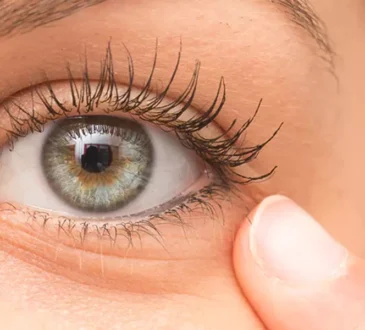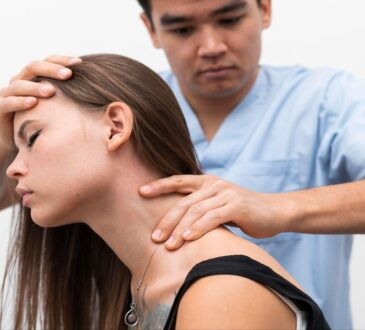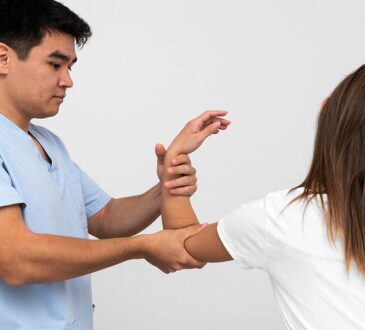
Hand surgery has progressed significantly past conventional, large-incision procedures. Currently, it is a specialty characterised by precision and creativity, where methods are continuously improved to enhance patient results. Individuals experiencing hand and wrist issues in Singapore can now benefit from treatments that are less invasive, more precise, and provide considerably quicker recovery periods than previously. This innovative age of treatment is reshaping how an orthopaedic hand surgeon can rejuvenate the complex functionality of our most vital instruments: our hands.
Advancement 1: The Rise of Minimally Invasive Surgery
One of the changes in modern hand surgery is the shift toward minimally invasive techniques. Procedures like wrist arthroscopy allow a surgeon to diagnose and treat complex joint problems using a tiny camera and instruments inserted through keyhole-sized incisions. This approach is used for issues ranging from ligament tears to cleaning out inflamed tissue. Similarly, endoscopic carpal tunnel release allows a hand surgeon in Singapore to relieve pressure on the nerve through a very small incision at the wrist, avoiding a larger cut in the palm. The clear benefits for the patient are less post-operative pain, minimal scarring, and a much quicker return to daily activities.
Advancement 2: High-Definition Imaging and Diagnostics
An accurate diagnosis is the foundation of any successful treatment. Modern hand surgery is supported by powerful diagnostic tools that go far beyond standard X-rays. High-resolution MRI and CT scans can provide detailed, three-dimensional views of the complex structures of the hand and wrist, revealing subtle injuries to bones, ligaments, and tendons. Furthermore, in-office diagnostic ultrasound allows a specialist to see these structures in real-time as the hand moves. This level of precision enables an orthopaedic hand surgeon to pinpoint the exact source of a problem, leading to a more targeted and effective treatment plan from the very beginning.
Advancement 3: Microsurgery for Complex Nerve and Vessel Repair
Perhaps the most intricate work in this field is done through microsurgery. Using powerful operating microscopes, surgeons can repair tiny and delicate structures like nerves and blood vessels that are often less than a millimetre in diameter. This highly specialised technique has an impact on treating severe trauma to the hand. It is the method used for reattaching severed fingers, restoring blood flow, and meticulously reconnecting nerves to regain sensation and movement. The advancements in microsurgical techniques have revolutionised what is possible in reconstructive hand surgery, restoring function in once unimaginable ways.
Advancement 4: The Growing Role of Biologics
A new frontier in treatment involves using the body’s healing capabilities. Biologic therapies, such as Platelet-Rich Plasma (PRP) injections, are becoming more common for certain conditions. PRP is created by concentrating platelets from the patient’s blood and injecting the solution into an injured area to stimulate and accelerate the natural healing process. While still an evolving field, biologics are being used by some specialists to treat chronic tendon issues, like tennis elbow, and certain ligament strains. This represents a move towards regenerative medicine, potentially reducing the need for surgery in some cases.
Conclusion
The modern orthopaedic hand surgeon is equipped with an array of advanced technologies and techniques designed to provide care. From minimally invasive procedures that speed up recovery to high-definition imaging that ensures a precise diagnosis, the field is constantly moving forward. Breakthroughs in microsurgery restore function after severe injuries, while emerging biologic therapies offer new ways to promote natural healing. These innovations ensure that patients in Singapore have access to care that prioritises precision, faster recovery, and the optimal restoration of hand function.
To consult an orthopaedic hand specialist or find out which advanced treatments may suit your condition, contact the National University Hospital (NUH).




